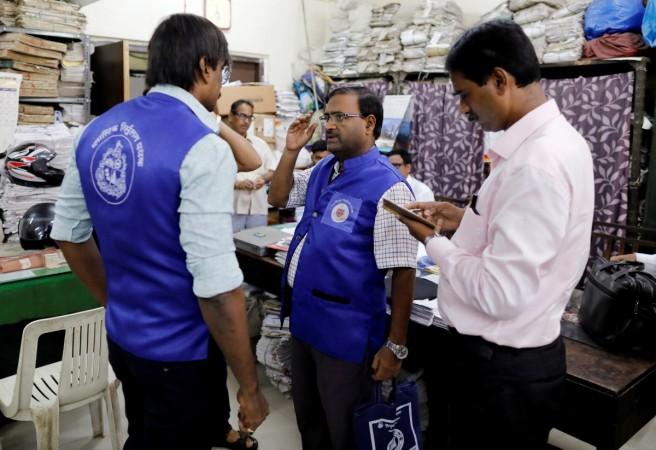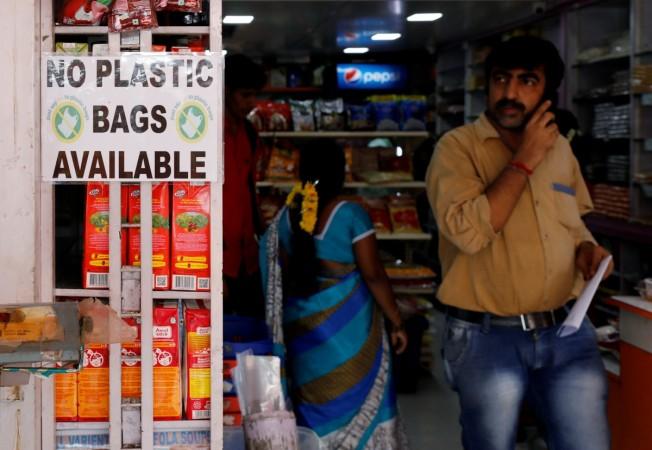
Several multinational companies (MNCs) such as Amazon, Pepsi, Coca-Cola, and H&M have appealed to the Maharashtra government to relax the rules around the newly-imposed plastic ban in the state.
The ban, which came into effect earlier this month, could raise costs for companies that rely on plastic for packaging. Representatives from several companies, plastic industry bodies, and lobby groups met with government officials days before the ban came into effect, urging for phased imposition and relaced norms.
Neemit Punamiya, general secretary of the Plastic Bags Manufacturers Association of India asked the government to give the industry seven years to come up with alternatives, saying "It cannot happen overnight - we've got investments, we've got loans to pay and people to manage."
Other bodies such as the Federation of Indian Chambers of Commerce and the Internet and Mobile Association of India have asked the government to reconsider the ban and ease certain rules but did not specify what it actually wants to be done.
Pepsi and Coca-Cola have also raised the issue of mandatory buyback of empty bottles, saying it will raise costs, especially if a guaranteed price is imposed.
In order to facilitate a smooth rollout of the ban, the government has awarded some concessions to local grocery stores and online retailers and is said to be considering the issues raised by the representatives.

The plastic ban
Maharashtra's move, the first such broad action against plastic by an Indian state, comes as Prime Minister Narendra Modi pushes a plan to completely end the use of single-use plastic in India by 2022. Plastic packaging accounts for nearly half of all plastic waste globally, and much of it is thrown away within just a few minutes of its first use, according to the United Nations.
The ban includes bags, food containers, spoons, forks, glasses and packaging wraps - which the local plastics industry says could cost it up to 150 billion rupees a year and nearly 3 lakh jobs.
Since the ban came into force, squads of officials in Mumbai have been raiding shops and restaurants, sometimes accompanied by police, to enforce the rule. Violations could result in penalties of up to 25,000 rupees ($362.49) and jail terms of up to three months.














